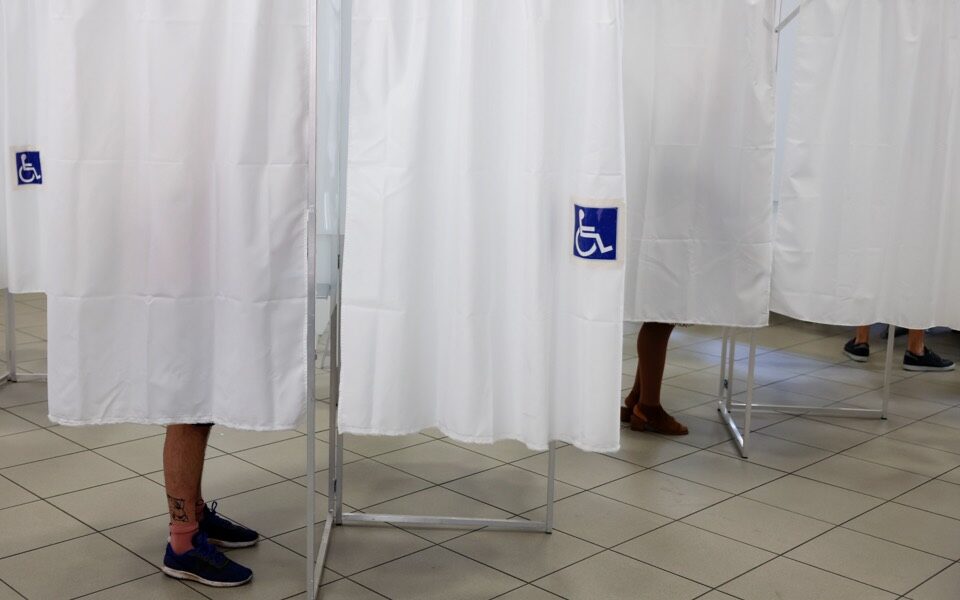From the 60s, to the 90s, to the 2020s

The cycles of history remind us that everything has already been said, but also that everything has a way of actually happening. The recent elections in France brought back to the fore issues like developments in European societies that cannot be seen on the surface, the abstention of younger generations from politics and the channels of communication between anti-systemic voices. What they demonstrated in sharp relief, however, was that the end of the era we have been talking about for the past 15 year is stretching into the 21st century like a tectonic plate that defines new formations, clusters and correlations.
Amid all these changes that have such an impact on the state of mind of millions of citizens (an aspect that should be discussed much more widely), it has become almost impossible to predict the new shape of society, at least in the West. We can make all sorts of conjectures, of course, about the rise of sundry totalitarian trends in tandem with a base defined by much greater accessibility and visibility. Such an innate contradiction in a society of loud voices like the one we’re in today reminds us that Europe is redefined every 30 years or so.
The cycles of the generations speak for themselves. The generation that is still productive but has grandchildren experienced the 1960s at a young age. It lived through the Cold War, the May 68 uprisings, man’s landing on the moon, the explosion of television, Woodstock and society’s shift after the OPEC oil crisis in 1973. There were wide fissures in society then too, but they were mostly generational rather than a reflection of deep rents in the fabric. There was also an aspiration to middle-classdom and faith in a bright future. In the 1990s, Europe reshaped itself into a new life after the fall of the Berlin Wall. The primitive capitalism of the 1960s seemed almost naive. In Greece, the 1960s and 1990s were decades of emergence on a historical continuum that began in 1945.
Today, The West’s fragmented social fabric is like the ethnic maps of the Balkans before 1912, a smorgasbord of often-competing goals, paradigms, principles and priorities. Social advancement as a goal no longer inspires as it did our grandparents. Self-fulfillment comes first, the right to weave in and out of the system. Social networks meanwhile generate alliances that no political or social body can compete with. There is a risk in many countries that elections will only exacerbate these problems rather than solve them.





